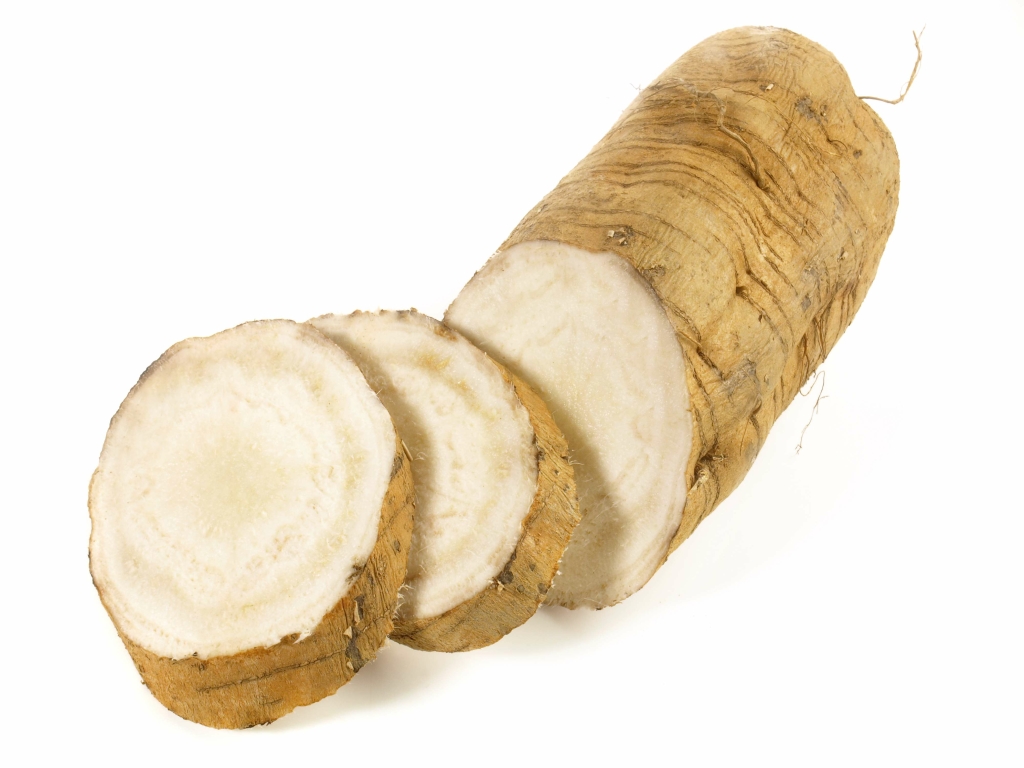How To Control Addiction Through Effective Meditation Strategies
Similarly, The Recovery Village provides access to guided meditations Sober living house and instructional courses aimed explicitly at supporting sobriety and changing habits. These programs are tailored to address the internal struggles of recovery, like emotional wounds, triggers, and cravings. Furthermore, regular meditation can promote the normalization of dopamine pathways, which are often disrupted in addiction. This helps restore the brain’s reward system, making sobriety more sustainable by reducing the likelihood of relapse driven by cravings.
The Role of Community Involvement in Long-Term Sobriety
By enhancing self-awareness, meditation supports proactive strategies for managing triggers effectively. Meditation, particularly guided meditation, is emerging as a crucial tool in the arsenal against addiction and compulsive behaviors. Its ability to enhance emotional resilience, improve impulse control, and provide structure within the often chaotic journey of recovery makes it invaluable. Emphasizing the integration of mindfulness practices with traditional recovery approaches can lead to well-rounded support systems that comprehensively address the challenges faced by individuals in recovery.
Whether you are in the early stages of recovery or have been sober for a significant period, incorporating meditation into your daily routine can provide numerous benefits and aid in long-term healing. Breaking free from addiction can be a challenging and complex journey, but meditation can serve as a powerful tool to support individuals in their path to recovery. On the other hand, proper meditation can be a way to relieve stress and help you cope with triggers. It often involves techniques such as focused attention, deep breathing, and visualization to achieve a state of calm and clarity and prevent relapse. The therapist introduces various meditation techniques, such as mindfulness and breath-focused meditation, and sets expectations for the session. You will meditate in a calm environment, guided on posture and breathing exercises, while focusing on your breath or visualizing calming scenarios.
Techniques such as ‘urge surfing’ enable individuals to recognize cravings without succumbing to the impulse to use substances. By promoting addiction meditation kundalini cognitive flexibility, individuals learn to adapt their reactions to stress and challenges more effectively. This adaptability is crucial for navigating complex emotional landscapes, particularly during recovery periods. Meditation proves effective in improving sleep by calming the mind and promoting relaxation.
Samba Recovery never miss an opportunity

They also offer a tool for navigating daily life with more awareness and self-control. You will find practical tips, real-life successes, and a clear explanation of the science behind mindfulness. This information may guide you toward better health, more balanced emotions, and overall well-being.
- In this review, we first briefly discuss the etiology of addiction and neurocognitive processes related to the development and maintenance of SUDs.
- By concentrating on the present moment, individuals in recovery can distance themselves from emotional turmoil, enabling more thoughtful responses rather than impulsive actions.
- This practice involves directing positive thoughts and feelings toward oneself, reinforcing a supportive internal dialogue that can help resist self-destructive impulses stemming from cravings.
- With this understanding, meditation can also help with feelings of loneliness that are often shared by people with SUDs.
- Meditation in recovery can help people unlearn these neurocognitive mechanisms and learn better ways to handle their emotions.
How can meditation support long-term recovery?

By incorporating meditation into your routine and leaning on professional resources, you can approach the challenges of recovery with more stability and confidence. Facilities like Ikon Recovery Center combine meditation with proven therapies to offer well-rounded support for those seeking lasting recovery. Regular meditation, paired with expert care, lays a solid groundwork for healing. Now that you know some meditation techniques, let’s explore how to weave them into your recovery journey. Our state-specific resource guides offer a comprehensive overview of drug and alcohol addiction treatment options available in your area.
It teaches mindfulness and promotes self-control, both crucial elements in tackling addiction. Addiction is a complex condition often characterized by compulsive substance use or engagement in certain behaviors, despite harmful consequences. Substance addiction includes an excessive use of substances like alcohol, prescription or illicit drugs, leading to a physical or mental dependence.
Healing at Your Fingertips: 15 Mental Health Apps to Manage Stress and Anxiety
Cognitive functions, including memory, focus, and mental clarity, are also nurtured through regular practice. Additionally, it encourages greater self-awareness and emotional resilience by helping participants explore and release stored trauma or emotional blockages. Mindfulness as a practice has the ability to improve your well-being and help you tackle emotions and thoughts healthily. This is proven useful during addiction recovery and is a great way to restore mental health in a good way. You need to practice mindfulness exercises regularly to improve your ability to regulate emotions and overcome addiction triggers.
What is the Best Way to Practice Mindfulness Meditation?
The future of meditation in addiction recovery looks promising, with ongoing research highlighting its benefits. Mindfulness-Based Relapse Prevention and similar programs are becoming integral to treatment protocols, suggesting an increased acceptance of meditation in therapeutic settings. By continuing to evolve, meditation https://ecosoberhouse.com/ can provide crucial strategies for navigating emotional challenges and enhancing overall well-being. Mindfulness-Based Interventions (MBIs), like Mindfulness-Based Relapse Prevention (MBRP), have proven effective in reducing substance use and improving overall psychological resilience.
How to Deal with Trauma Flashbacks in Recovery
- Research indicates that mindfulness training significantly lowers stress reactivity and enhances executive functioning, both of which are often compromised in individuals battling addiction.
- You don’t have to adopt a particular belief system or invest a great deal of time and energy to take advantage of this expanded awareness.
- Mindfulness and meditation have been shown to reduce stress by calming the nervous system and promoting relaxation.
- As part of an integrated treatment plan, these practices contribute significantly to lasting sobriety and a fulfilling life.
This ancient practice has been praised for its ability to calm the mind and promote self-awareness. In this article, we will explore the potential benefits of meditation in breaking free from the chains of tobacco addiction, revealing a new perspective on achieving a smoke-free life. One of the key benefits of mindfulness and meditation in recovery is the sense of purpose and meaning that these practices can foster.
Physical & Other Health Benefits
It is a practice of nonjudgmental, nonreactive awareness of one’s present-moment experience, including one’s thoughts, feelings, sensations, and perceptions. Mindfulness also aids in the cultivation of self-compassion, which can be particularly beneficial during moments of relapse or emotional struggle. By treating oneself with kindness rather than criticism, individuals can foster resilience and emotional strength, essential for sustained recovery. This holistic approach not only addresses the symptoms of addiction but also aims to heal the underlying trauma that may contribute to it. By cultivating a non-judgmental attitude toward themselves and their recovery journey, individuals in recovery can approach setbacks or relapses with self-compassion and a growth mindset.
Embracing Meditation for a Resilient Recovery
Research indicates that mindfulness meditation practices, such as those in an 8-week Mindfulness-Based Relapse Prevention (MBRP) program, lead to lower rates of substance use compared to traditional treatment methods. After recognizing the profound benefits meditation can offer, especially in terms of dopamine regulation and overall well-being, it becomes essential to assess its impact in a structured manner. Self-reflection journals can help in tracing emotional and cognitive changes, while questionnaires designed to assess psychological well-being can provide quantitative data on improvements.
0 comments on How To Control Addiction Through Effective Meditation Strategies